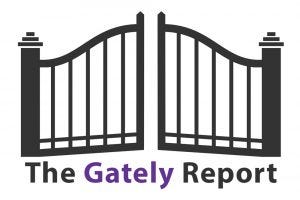The Gately Report: WatchGuard On Decentralized Security, Opportunities for MSPsThe Gately Report: WatchGuard On Decentralized Security, Opportunities for MSPs
Communications giant RR Donnelly got hit with a Conti ransomware attack.

Already have an account?
Businesses are inundated with a variety of cyberattacks that target a range of infrastructure and services, and decentralized security is increasing risk.
 That’s according to WatchGuard Technologies. Decentralized security solutions are hampering both the efficiency and productivity of business operations. This is creating new opportunities for MSPs to deliver unified security to help alleviate these challenges.
That’s according to WatchGuard Technologies. Decentralized security solutions are hampering both the efficiency and productivity of business operations. This is creating new opportunities for MSPs to deliver unified security to help alleviate these challenges.
Stephen Helm is WatchGuard‘s senior product marketing manager. We spoke with him about the challenges of decentralized security and what it means for MSPs to deliver unified security.

Watchguard’s Stephen Helm
In a Q&A, Helm outlines the challenges and opportunities associated with decentralized security.
Channel Futures: What creates decentralized security?
Stephen Helm: Security decentralization is a common challenge for businesses. That’s being driven by the fact that IT teams have to contend with departments that have license to acquire tools and technologies they feel are needed to accelerate the business. This business-first mentality is not a surprise, but it has created a reactionary approach to building cybersecurity defenses and policy for far too long.
For businesses with the means, security information and event management (SIEM) tools have offered an effective, albeit expensive solution to centralizing security monitoring. But policy dissemination and control often fall out of the scope of those solutions. And for smaller IT teams and organizations, they’re way too complex.
Scroll through our slideshow above for more from WatchGuard and more of the week’s cybersecurity news.
Want to contact the author directly about this story? Have ideas for a follow-up article? Email Edward Gately or connect with him on LinkedIn. |
About the Author
You May Also Like


